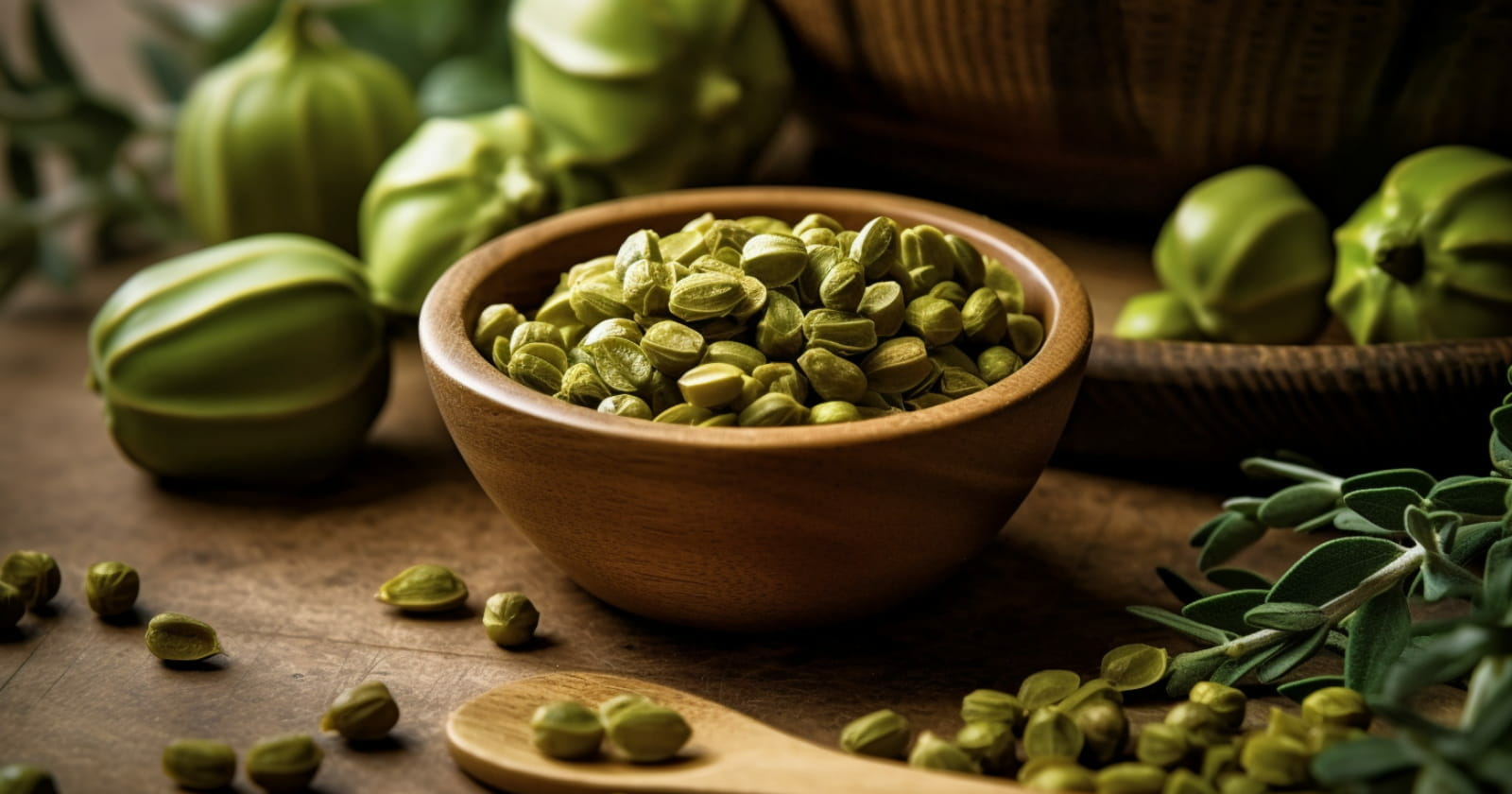Quercetin is a bioflavonoid found in many plant-based foods. It positively affects a number of metabolic processes within the body and has potent anti-inflammatory, antioxidant, and anti-infective properties. This article will discuss what quercetin is and how exactly it affects the body to promote health.
What Does Quercetin Do?
- Antioxidant Properties
- Antimicrobial Properties
- Anticarcinogenic Properties
- Anti-inflammatory Properties
Quercetin is a molecule classified under a group of organic compounds called flavonoids. Quercetin is found in various plants such as several vegetables, fruits, berries, and nuts. It exhibits unique biological properties including antioxidant, antimicrobial, anti-carcinogenic, and anti-inflammatory effects.
Related: What Are the Benefits of Quercetin
1. Antioxidant Properties of Quercetin
Free radicals are byproducts of metabolism. Because of their instability, free radicals are tied to a number of disease processes in the body. Antioxidants are molecules that have the ability to neutralize these free radicals and keep surrounding tissue safe and healthy.
Several studies have shown the powerful antioxidant effects of quercetin. One study found that quercetin has the ability to directly scavenge for and eliminate free radicals in the human body.
Another study in mice showed that quercetin can play a role in chelating certain metal ions like iron, which may reduce antioxidant stress, especially in the setting of alcoholic liver disease.
An in vivo study (a study performed in test tubes) showed that the antioxidant capability of quercetin can even stimulate additional antioxidant enzymes for a two-fold free radical neutralizing effect.
2. Antimicrobial Properties of Quercetin
Some studies have suggested a broad anti-microbial mechanism of action of quercetin with the potential to eliminate bacteria and even fungi.
Researchers believe quercetin may be able to destroy the cell wall of bacteria to achieve this antibacterial effect. They also believe quercetin may disrupt bacterial membrane permeability which alters essential functions for bacterial life such as gene expression and protein synthesis.
3. Anticarcinogenic Properties of Quercetin
Cancerous growths occur when gene expression within the cell goes awry causing abnormal cells to then replicate unchecked.
Various studies have shown that quercetin exerts anticarcinogenic effects through several means. These include promoting cancerous cell death or apoptosis, inhibiting blood vessel formation (angiogenesis) to cancerous tissue, and halting the cell cycle.
4. Anti-inflammatory Properties of Quercetin
Flavonoids like quercetin have long been confirmed to have significant anti-inflammatory effects as well.
Studies investigating quercetin’s effects on inflammation have found that quercetin may inhibit several inflammatory substances like tumor necrosis factors, interleukins, and cyclooxygenase.
What is Quercetin Good For?
Because of the wide-ranging, powerful effects of quercetin, consuming adequate amounts of quercetin is likely good for health promotion and prevention of a variety of illnesses.
These include diseases like Alzheimer’s, diabetes, cancer, hypertension, and more.
Data even suggest that quercetin may be able to help correct high cholesterol and decrease the risk of heart disease.
With more data pointing to the incontrovertible health-promoting effects of quercetin, it may be time to increase your consumption of quercetin-high foods or consider quercetin supplements to ensure you are getting enough of this powerhouse flavonoid in your diet.
However, you should always check with your own healthcare provider before deciding to start any supplements.
Sources
- Yang et al. 2020. Quercetin: Its Main Pharmacological Activity and Potential Application in Clinical Medicine
- Tang et al. 2014. Quercetin attenuates chronic ethanol hepatotoxicity: implication of “free” iron uptake and release.
- Li et al. 2016. Quercetin, Inflammation and Immunity.
- Anand David et al. 2016. Overviews of Biological Importance of Quercetin: A Bioactive Flavonoid.

Tana Bao, BSN, MSN, APRN, NP
Tana is a family nurse practitioner dual board board certified through the American Academy of Nurse Practitioners (NP-C) as well as the American Nurses Credentialing Center (FNP-BC).
